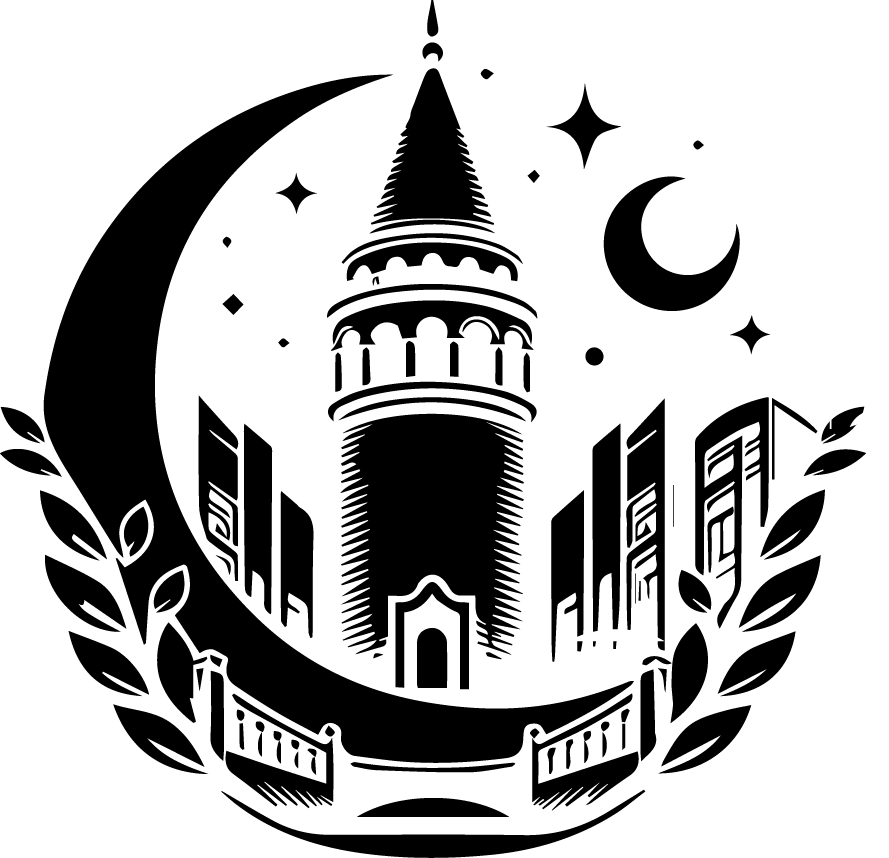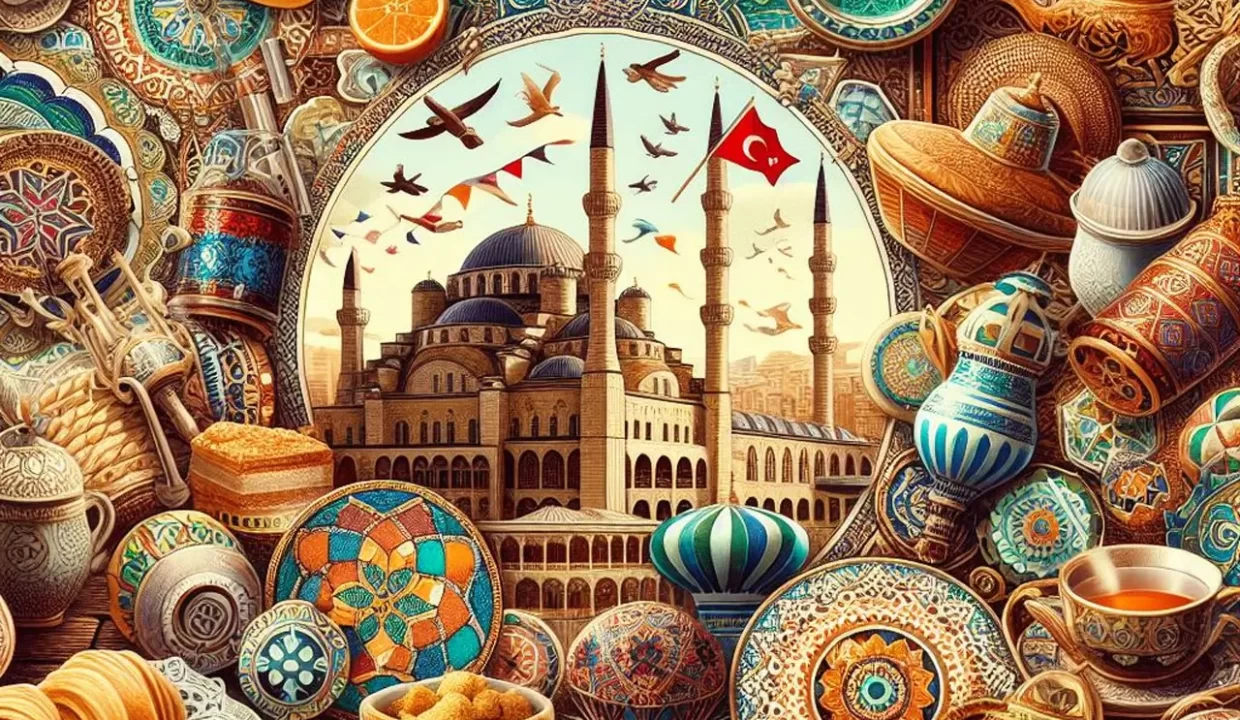Turkey, officially known as the Republic of Türkiye, is a breathtaking country straddling Western Asia and Southeast Europe. With a rich and storied history, a vibrant culture, and stunning natural landscapes, Turkey offers an unforgettable experience for any traveler. From bustling cities steeped in antiquity to serene coastal towns and majestic mountains, Turkey is a land of endless discovery.
Turkey, a land bridging Europe and Asia, stands as a testament to the confluence of cultures, civilizations, and histories. From the ancient ruins of Ephesus to the bustling streets of Istanbul, Turkey offers a mesmerizing blend of tradition and modernity, making it a fascinating destination for travelers worldwide.
Turkey, officially known as the Republic of Turkey, is a transcontinental country located mainly on the Anatolian Peninsula in Western Asia, with a smaller portion on the Balkans in Southeast Europe. Its strategic location has made it a crossroads of civilizations for millennia.
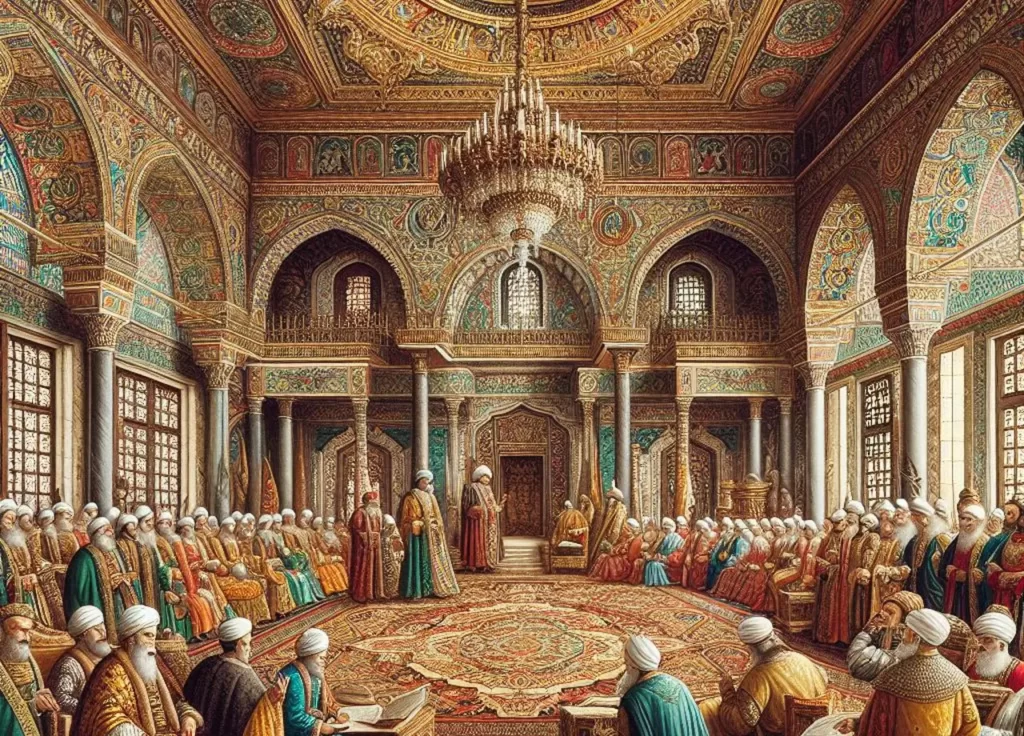
History: Where Empires Rise and Fall
Turkey’s history is imprinted on its landscape. As the cradle of Anatolian civilizations, the Hittites, Phrygians, Urartians, Lydians, and countless others have left their mark on this land. The legendary city of Troy, the setting for Homer’s epic poems, lies within Turkey’s borders. Later came the Greeks, Persians, and Romans, their legacy evident in magnificent ruins like Ephesus, an ancient Greek city teeming with remarkably preserved structures.
For centuries, Constantinople, known today as Istanbul, served as the dazzling capital of the Byzantine Empire. Its captivating architecture, such as the Hagia Sophia, blends influences from Christianity and Islam. In 1453, the Ottomans conquered Constantinople, ushering in a golden age for the Ottoman Empire. During their reign, architectural gems like the Topkapi Palace and the Blue Mosque embellished Istanbul’s cityscape.
Modern Turkey was forged in 1923, rising from the ashes of the Ottoman Empire. Mustafa Kemal Atatürk, the nation’s first president, implemented sweeping reforms, secularizing the state and creating the foundations of the vibrant, contemporary Turkey of today.
A Melting Pot of Cultures
Turkey stands at the crossroads of East and West, its culture infused with European, Asian, and Middle Eastern influences. This cultural mosaic manifests in its delicious cuisine, where spicy kebabs of the southeast meet the olive-oil-rich dishes of coastal Aegean towns. Turkish coffee is a potent brew steeped in tradition, often enjoyed alongside Turkish delight, a sweet confectionery flavored with rosewater or pistachios.
Beyond its cuisine, Turkish hospitality is renowned worldwide. Visitors are often welcomed with warmth and generosity, their stays enriched by sincere interactions with locals. Traditional arts like carpet weaving, calligraphy, and Ebru (paper marbling) continue to thrive, preserving Turkey’s artistic heritage.
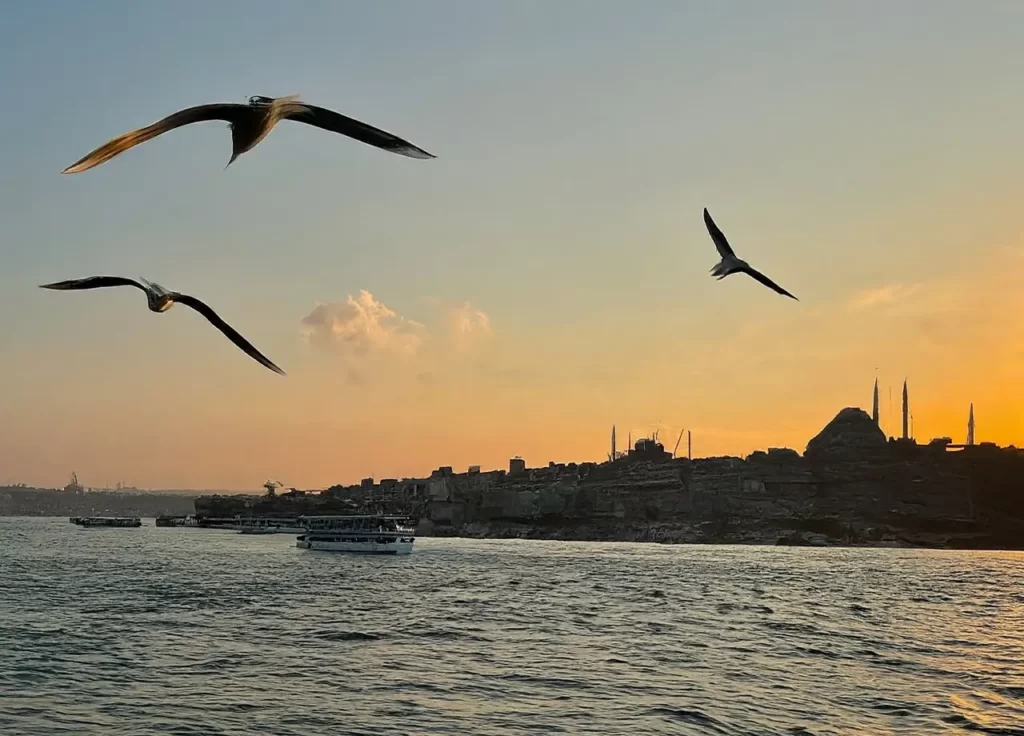
Istanbul: A City of Two Continents
The sprawling metropolis of Istanbul is Turkey’s crown jewel. It’s the only city in the world to occupy two continents, seamlessly blending its storied past with dynamic modernity. From the vibrant stalls of the Grand Bazaar, one of the world’s oldest covered markets, to the sleek skyscrapers of its business districts, Istanbul pulsates with energy.
A leisurely cruise along the Bosphorus Strait offers breathtaking panoramas. One bank reveals the domes and minarets of the Sultanahmet district, Istanbul’s historic heart, while the opposite boasts modern neighborhoods and chic waterfront cafes. A visit to Istanbul would be incomplete without experiencing a traditional hammam, a luxurious Turkish bath where centuries-old cleansing rituals are practiced.
Natural Splendor: From Coastlines to Mountains
Turkey’s diverse terrain promises adventure for every traveler. Sun-bleached Mediterranean and Aegean coastlines are dotted with idyllic beaches and picturesque harbor towns. The Taurus Mountains provide a picturesque backdrop to seaside resorts and are a prime destination for hiking and winter sports.
Central Anatolia is home to the fantastical landscapes of Cappadocia. Its otherworldly rock formations, known as fairy chimneys, were sculpted by volcanic eruptions and erosion. Exploring subterranean cities and watching hot air balloons ascend amidst this surreal moonscape is an experience unique to Turkey.
The Black Sea coast offers a contrast with its lush green mountains, vibrant tea plantations, and tranquil forests. Turkey’s eastern regions boast majestic mountains like Mount Ararat, where Noah’s Ark is rumored to rest. The region is also known for the ruins of Ani, the once-prosperous capital of the Armenian kingdom.
A Country of Contrasts and Delights
Turkey is a land of sublime contradictions and undeniable beauty. Its bustling cities and peaceful villages, ancient history and progressive outlook, natural wonders, and culinary adventures offer something special for every visitor. Whether you’re seeking historical immersion, natural escapades, or a cultural awakening, Turkey is ready to embrace you with warmth and a wealth of unforgettable experiences.
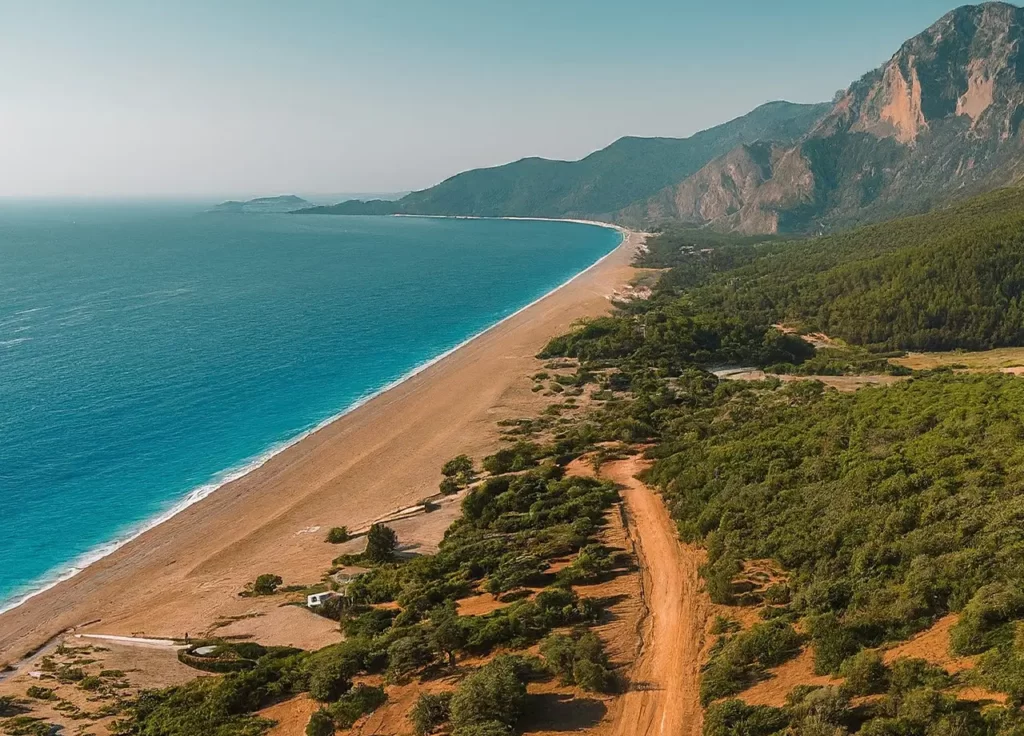
Beyond the Tourist Trail
While Turkey’s iconic destinations are certainly captivating, the true spirit of the country often lies in its hidden corners. Here are some off-the-beaten-path experiences:
Şanlıurfa: A southeastern city known for its ancient history and traditional atmosphere. Explore the Göbeklitepe archaeological site, believed to be the world’s oldest temple. Wander the bustling bazaar, visit the sacred Balıklıgöl (Pool of Abraham), and savor the region’s spicy cuisine.
The Turquoise Coast: Stretching along the Mediterranean, this region offers less-explored coves, ancient ruins, and charming seaside towns. Hike a section of the Lycian Way, an ancient walking trail with breathtaking coastal views. Sail to secluded islands like Kekova, where you can swim above the ruins of a sunken city.
Black Sea Villages: Discover the verdant landscapes and traditional way of life in the Black Sea region’s quaint villages. Hike to alpine pastures dotted with wildflowers, learn about tea cultivation, and immerse yourself in the region’s unique folk music and dances.
Mardin: This mesmerizing city in southeastern Turkey spills down a hillside, showcasing traditional stone houses and breathtaking views over the Mesopotamian plains. Explore its medieval monasteries, wander the atmospheric narrow streets, and delve into its rich cultural blend of Kurdish, Arabic, and Syriac influences.
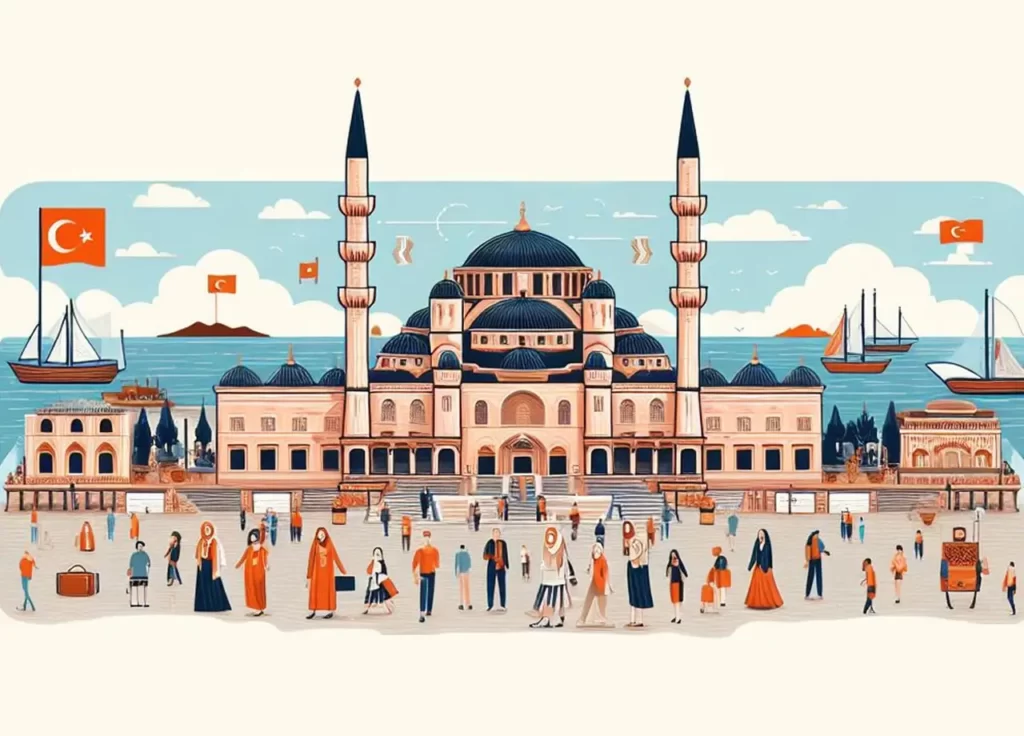
Festivals and Celebrations
Turkey’s vibrant calendar is packed with festivals reflecting its cultural heritage and modern passions. Some highlights include:
- Ramadan and Eid al-Fitr: During the holy month of Ramadan, cities come alive at night after a day of fasting. Eid al-Fitr marks the end of Ramadan with feasting, gift-giving, and a special focus on family and community.
- Mevlana Whirling Dervish Festival: Every December in Konya, witness the mesmerizing ceremony of the whirling dervishes, a Sufi devotional practice symbolizing spiritual ascension.
- Kirkpinar Oil Wrestling Festival: A centuries-old tradition, this festival in Edirne sees wrestlers clad in leather shorts grapple in olive oil, vying for the prestigious title of “Chief Pehlivan.”
- Istanbul International Film Festival: Bringing together international and Turkish cinema, this festival is a must for film enthusiasts.
A Culinary Adventure
Turkish cuisine is a culinary treasure trove. From mezes (appetizer platters) bursting with flavor to savory grilled meats and sweet pastries, each region boasts its specialties. Don’t miss:
- Manti: Tiny, savory dumplings filled with meat and served with yogurt and melted butter.
- İskender Kebab: Thinly sliced lamb served on pita bread with a tangy tomato sauce and melted butter.
- Baklava: Layers of phyllo dough, chopped nuts, and syrup create this iconic sweet treat.
- Künefe: A heavenly dessert of shredded pastry, melted cheese, and a sweet syrup.
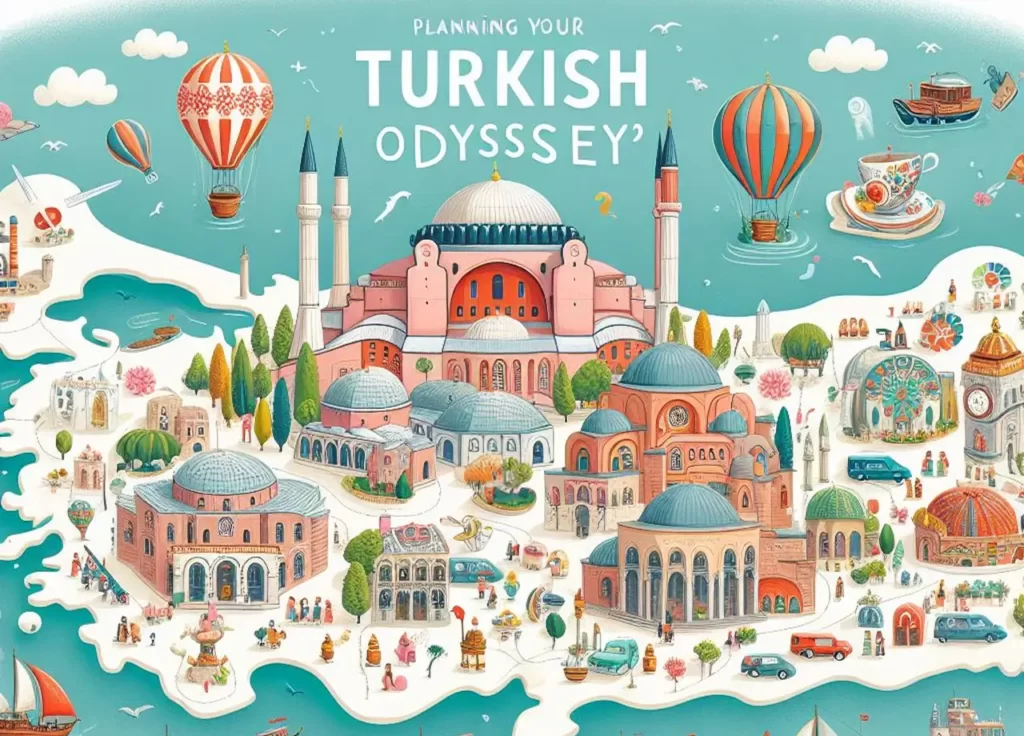
Planning Your Turkish Odyssey
Turkey offers excellent transport links, making exploration a breeze. Whether you prefer comfortable buses, domestic flights, or adventurous road trips, getting around is easy. Accommodation ranges from luxury hotels to charming pensions and budget hostels, catering to every travel style and preference.
Turkey is a land of warmth, ready to welcome you with open arms. From its rich history to its diverse landscapes and delightful cuisine, this country promises an unforgettable journey that you’ll cherish for years to come.
Practical Tips for Travelers
- Visas and Entry Requirements: Check with your country’s embassy or consulate for the latest visa regulations for Turkey. Citizens of many countries can obtain an e-visa online or a visa on arrival.
- Currency: The Turkish lira (TRY) is the official currency. Major credit cards are widely accepted, and ATMs are readily available in cities and tourist areas.
- Language: Turkish is the official language. While English is spoken in major tourist destinations, learning a few basic Turkish phrases will enhance your experience and endear you to locals.
- Best Time to Visit: The shoulder seasons (spring and autumn) offer pleasant weather and fewer crowds. Summer can be hot, especially in inland regions, but is ideal for coastal getaways. Winters are cold in central and eastern Turkey but can be a magical time to visit Istanbul.
- Respectful Attire: Turkey is a predominantly Muslim country. While dress codes are relaxed in tourist areas, covering shoulders and knees when visiting mosques or more conservative regions is a sign of respect.
- Bargaining: Bargaining is customary in markets like the Grand Bazaar. It’s part of the experience, so start friendly and aim to settle on a mutually agreeable price.
- Tipping: Tipping is not mandatory but appreciated for good service. Restaurants often add a service charge, but an additional small tip for your waiter is a nice gesture.
- Safety: Turkey is generally a safe country for travelers. Exercise usual travel precautions, keep valuables safe , and be mindful of your surroundings.
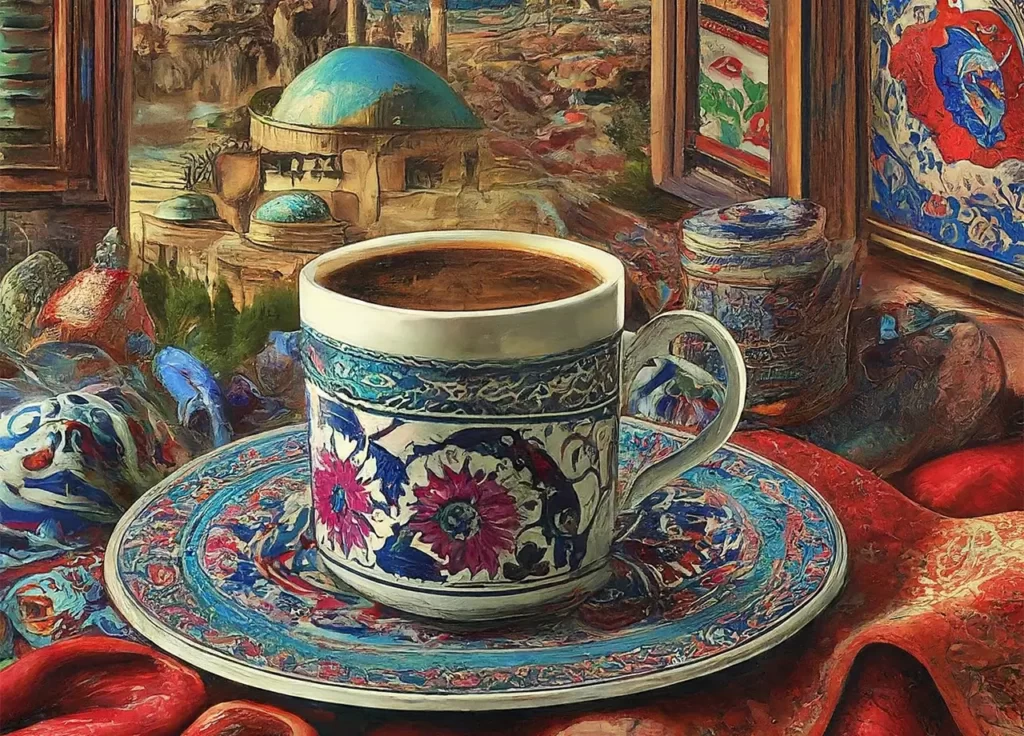
Souvenirs and Mementos
Turkey is a shopper’s paradise, offering unique souvenirs to remind you of your travels. Here are some ideas:
- Spices and Turkish Delights: Stock up on fragrant spices from the Spice Bazaar and indulge in colorful boxes of Turkish delight.
- Ceramics and Tiles: Iznik tiles, with their intricate patterns, and colorful hand-painted ceramics make beautiful additions to your home.
- Carpets and Kilims: Handwoven carpets and kilims are steeped in tradition. Choose from vibrant regional designs as a lasting memory of Turkey.
- Evil Eye Bead (Nazar Boncuğu): These blue glass amulets are believed to ward off evil and are a ubiquitous symbol in Turkey.
- Turkish Coffee Set: Enjoy the ritual of Turkish coffee back home with an ornate copper pot and small cups.
Leaving with a Deeper Understanding
Turkey is a land that captures your imagination and lingers in your heart long after you depart. Go beyond the guidebooks and take time to savor the warmth of its people, the flavors of its cuisine, and the beauty of its landscapes. Leave with more than souvenirs, leave with a richer understanding of this captivating country and its enduring spirit.
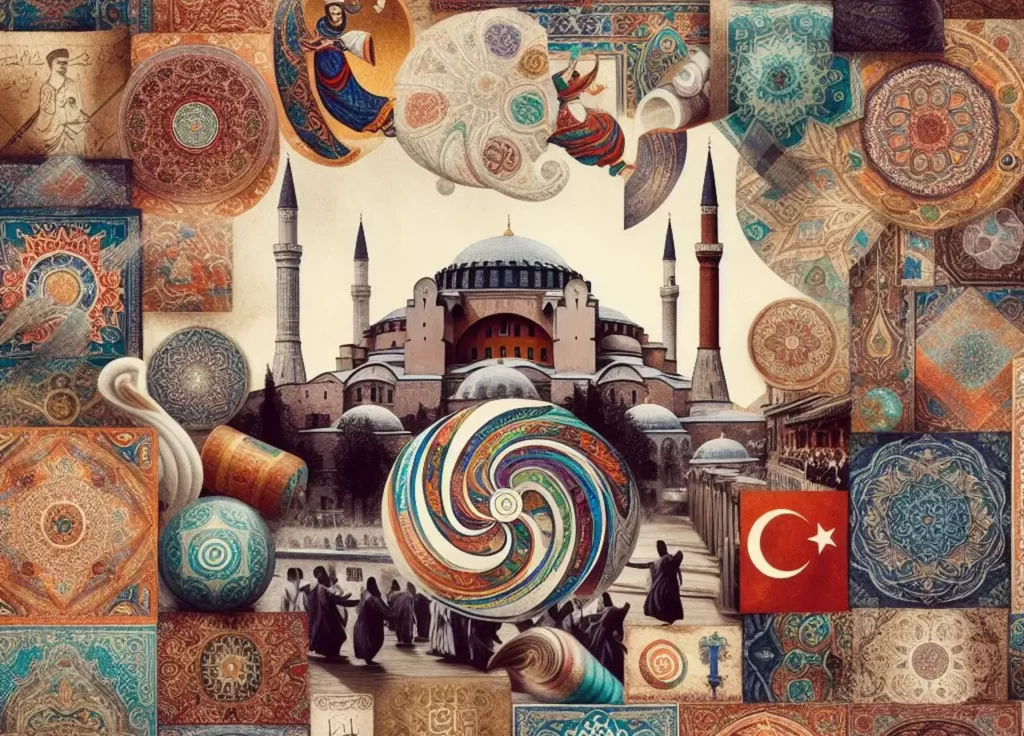
Turkish Literature: A Rich Tapestry
Turkish literature boasts a long and distinguished tradition that reflects the country’s complex history and cultural influences. Let’s explore some notable moments and figures:
- Early Works and Folk Tales: Epic poems like the “Book of Dede Korkut” offer glimpses into the rich oral traditions of Turkic peoples. Folk tales, often imbued with wit and wisdom, continue to be passed down through generations.
- Ottoman Era Poetry: Divan poetry flourished during the Ottoman Empire, its intricate forms and themes reflecting the influence of Persian and Arabic literature. Famous poets include Yunus Emre, who explored mystical themes, and Fuzuli, known for his love poems.
- The Emergence of the Novel: The 19th century saw the rise of the Turkish novel, influenced by Western literary trends. Writers like Namık Kemal and Ahmet Mithat Efendi addressed societal changes and modernization.
- Modern Turkish Literature: The Republic of Turkey ushered in a new era with a focus on Turkish identity and language. Orhan Pamuk, Turkey’s first Nobel laureate in Literature, gained international recognition for his novels exploring historical memory and cultural identity in modern Istanbul. Other prominent contemporary writers include Yaşar Kemal, who focused on rural Anatolia, and Elif Shafak, who blends themes of East and West in her works.
Beyond the Written Word
Turkey’s storytelling traditions extend beyond the written word into rich performing arts:
- Karagöz and Hacivat: Traditional shadow puppet theatre, often satirical and humorous, providing a window into traditional Turkish life and values.
- Meddah: A traditional form of storytelling where a single performer impersonates multiple characters, creating humorous and engaging narratives.
- Turkish Cinema: Turkish cinema has a long history with a growing international reputation. Acclaimed directors like Nuri Bilge Ceylan and Fatih Akin explore themes of identity, modernity, and social issues with artistic sensitivity.
A Note for Book Lovers
If you’re a literary enthusiast planning a trip to Turkey, here are a few ideas:
- Istanbul Book Fair: One of the largest book fairs in the region, it’s a wonderful opportunity to discover contemporary Turkish literature and authors.
- Literary Cafes: Istanbul boasts numerous cafes with a literary ambiance, perfect for a quiet read and perhaps a chance encounter with local writers.
- Museum of Innocence: Based on Orhan Pamuk’s novel of the same name, this Istanbul museum is a unique experience that blends literature with a collection of everyday objects.
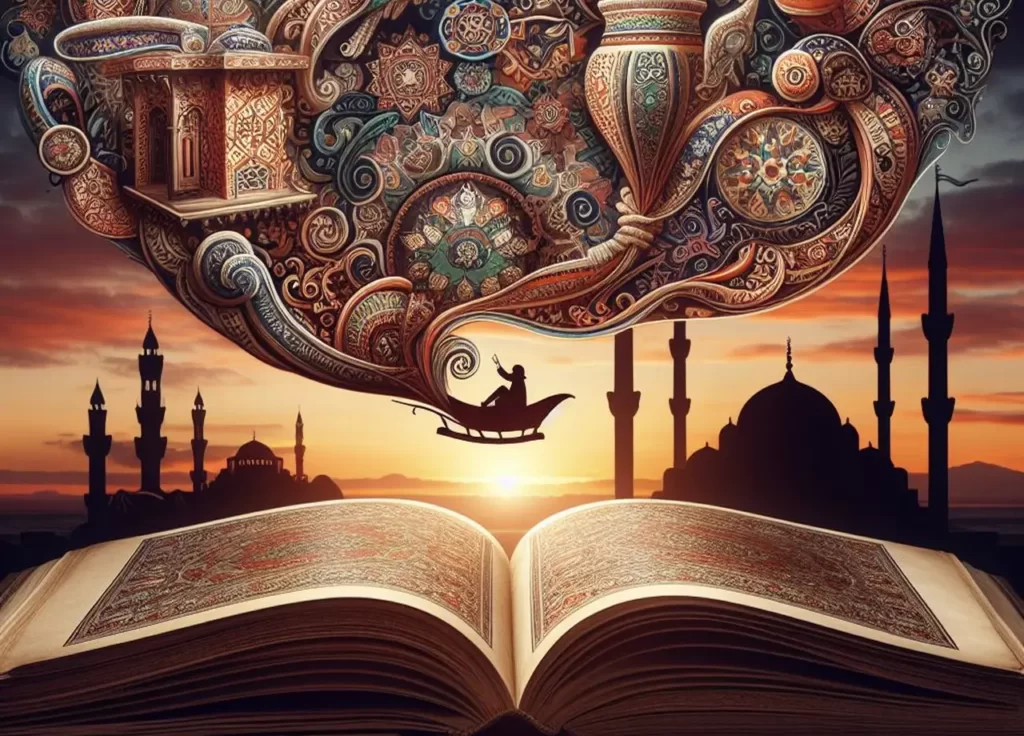
Exploring the Rich Tapestry of Turkey
Exploring Turkey’s literary landscape adds another dimension to your travels, providing deeper insights into the country’s culture and its people. Turkey is a land of contrasts, where ancient traditions coexist with modern aspirations. From its rich history and cultural heritage to its stunning landscapes and warm hospitality, Turkey offers a truly immersive experience for travelers. Whether exploring its ancient ruins, savoring its culinary delights, or engaging with its vibrant culture, Turkey never fails to captivate the imagination.
- Geography and Climate : Turkey boasts a diverse geography, encompassing mountains, plateaus, and coastal regions. From the snow-capped peaks of the Taurus Mountains to the turquoise waters of the Aegean Sea, the country offers breathtaking landscapes. Its Mediterranean climate makes it a popular destination year-round.
- Cultural Heritage : Turkey’s cultural heritage is as diverse as its geography. Influenced by a myriad of civilizations, including Greek, Roman, Byzantine, and Ottoman, Turkey’s cultural tapestry is rich and vibrant.
- Modern Turkey : In the modern era, Turkey has emerged as a dynamic and progressive nation. With a democratic government and a mixed economy, it has become a regional power in the Middle East.
- Tourism in Turkey : Turkey is a treasure trove of tourist attractions. From the iconic Hagia Sophia and Blue Mosque in Istanbul to the otherworldly landscapes of Cappadocia, there is no shortage of sights to behold.
- Cuisine : Turkish cuisine is renowned for its rich flavors and diverse dishes. From kebabs and mezes to baklava and Turkish delight, the cuisine tantalizes the taste buds of visitors.
- Hospitality and Traditions : Turkish hospitality is legendary. Visitors are welcomed with open arms and treated like family. Traditional customs, such as tea drinking and Turkish baths, are still prevalent in daily life.
- Turkish Arts and Crafts : Turkey has a long tradition of arts and crafts, including carpet weaving, pottery, and calligraphy. Turkish artisans produce exquisite works of art that are sought after worldwide.
- Language and Literature : The Turkish language, with its unique grammar and syntax, is an integral part of the country’s identity. Turkish literature has a rich tradition dating back centuries, with poets like Rumi and Yunus Emre leaving a lasting legacy.
- Religion : Islam is the predominant religion in Turkey, although the country has a secular constitution. Religious diversity is respected, with churches and synagogues coexisting alongside mosques.
- Education and Innovation : Turkey has made significant strides in education and innovation in recent decades. Its universities are renowned for their research and academic excellence, and the country is investing heavily in technology and innovation.
- Challenges and Opportunities : Despite its many strengths, Turkey faces challenges such as political instability, economic inequality, and environmental degradation. However, it also has abundant opportunities for growth and development, particularly in sectors such as tourism and technology.
- Future Outlook : Looking ahead, Turkey’s future appears promising. With its strategic location, young population, and dynamic economy, it is poised to play an increasingly influential role on the global stage.
